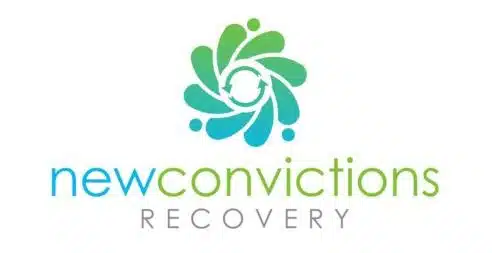As it is often said in recovery circles, “relapse is not a requirement for recovery but the experience of many.” Unfortunately, relapse is not a stranger to many people who are striving to recover from drugs and alcohol; the National Institute on Drug Abuse places the rate of relapse for individuals anywhere from 40% to 60%. With such a high rate of relapse, the question can be asked: Why do drug addicts and alcoholics relapse? While the answers can vary greatly from cases to case and person to person, a general theme of how relapse occurs can usually be seen in 3 distinct phases. In the addiction’s recovery world, this is known as the stages of relapse:
- Emotional relapse – when individuals find recovery from drugs and alcohol for the first time, they unlock a new world of inner freedom from the isolating tendencies that are inherent in addiction. Newcomers are taught to attend meetings, get a sponsor, utilize a support network, stay in touch with close family and friends, and closely monitor his or her emotional state in the context of recovery. This in turn leads to healthy coping techniques, practicing honesty, and maintaining connection with others to facilitate the recovery process. Overtime, when an individual is not aware of his or her emotional state and self-care, it can be easy for them to revert back to the addiction status quo of hiding, isolating, and lying. An individual who is emotionally relapsing may begin isolating from support networks, hiding their stressors, and lying about their emotional state. It is in this stage that the individual becomes emotionally vulnerable and can easily revert back to the conditioned thinking patterns associated with the addiction process. Although at this stage no using has taken place, the individual is priming his or her mindset into the next stage of relapse.
- Mental relapse – due to an individual not adequately dealing with stressors and being emotionally compromised, he or she advances into the mental relapse stage. Mental relapse is characterized by the shift in mindset of the recovering individual; rationalizations and justifications start to pervade the inner thoughts of the addict. It is in this phase that individuals tend to romanticize past drug/alcohol use, downplay its negative effects, rationalize that he or she is in control of use, or justify associating with others who are actively using substances. The recovering addict is beginning to create a snowball effect of rationalizations and justifications that deceive and delude the individual into believing that the addictive substance is not bad and can coexist with their life goals. Caution is thrown to the wind and the individual lets down his or her mental defenses and/or coping mechanisms; it is also common in this stage that the individual begins to plan ways to acquire the substance in question.
- Physical relapse – the culmination of emotional and mental relapse leads way to physically using drugs and/or alcohol. It is important to note the difference between a slip and “relapse.” Although any use of a substance constitutes a break in sobriety and is coined “relapse”, relapse is understood as a return of symptoms that characterized the addictive process after a period of remission; therefore, the way an individual responds to the event can determine his or her recovery outcome. A slip can be defined as an individual breaking his or her sobriety but quickly regretting the decision which renews a new passion for recovery; the symptoms of active addiction do not appear and the individual is able to continue without any consequence. A relapse, however, constitutes a returning of symptoms that characterized the addiction process (tolerance, abuse, withdrawal) as well as compulsions and obsessions which lead to negative consequences.
Understanding the stages of relapse for the recovering drug and alcohol addict can help answer the question of why people relapse in the first. It is always important to keep in mind that recovery is a lifestyle, not a medical procedure; success is related to the effort the individual puts into recovery. While having an addiction can be a challenging experience, there is an addiction counselor near me who has the skills to help in the addiction recovery process. To look at the services that are offered, please click here.

